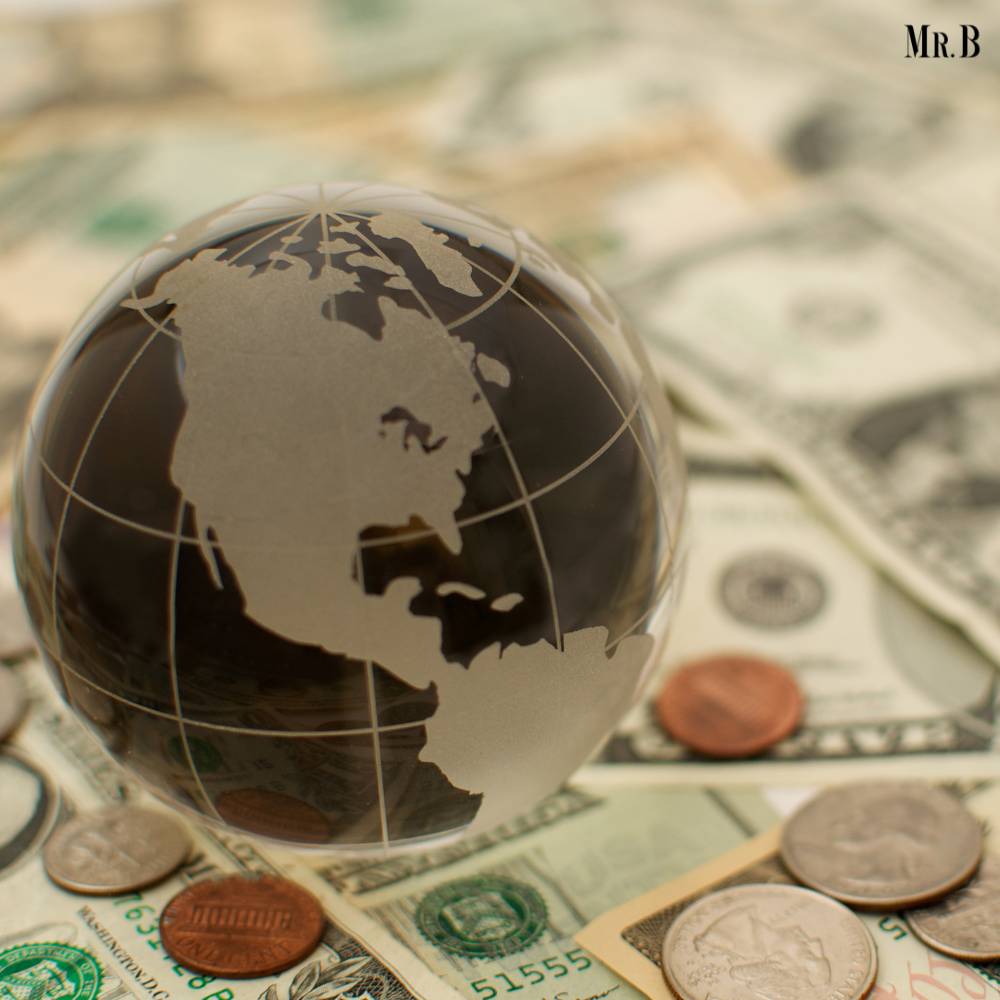Germany’s Economy Contracts in 2023, Indicating a Potential Two-year Recession
- Category: News

Germany is poised to navigate through its initial two-year recession since the early 2000s, following a contraction in its economy in 2023, influenced by the repercussions of heightened energy costs and weakened industrial demand.
According to the German national statistics office, a confluence of “multiple crises” has contributed to a 0.3% decline in gross domestic product (GDP) in 2023 compared to the previous year. The impact of increased interest rates and elevated living costs has taken a toll on the economic landscape, as highlighted by Dr. Ruth Brand, the president of the statistics office, during a press conference in Berlin on Monday. She noted, “Despite recent price declines, prices remained high at all stages in the economic process and put a damper on economic growth. The German economy did not continue its recovery from the sharp economic slump experienced in the pandemic year of 2020.”
Growth or no Growth?
While the German economy experienced a 0.7% increase in 2023 compared to 2019, the year preceding the pandemic, analysts predict another year of stagnant growth in 2024 at best, with a heightened risk of a second consecutive year of negative output.
Carsten Brzeski, the global head of macro research at the Dutch bank ING, expressed concern, stating, “There is no imminent rebound in sight, and the economy looks set to go through the first two-year recession since the early 2000s. We expect the current state of stagnation and shallow recession to continue. In fact, the risk that 2024 will be another year of recession is high.”
After adjusting for calendar effects, the statistics office revealed that the decline in economic performance in 2023 amounted to 0.1%. Additionally, in the final quarter of the previous year, the German economy shrank by 0.3%, compared to the third quarter when output had stagnated.
The dominant industrial base, excluding construction, experienced a 2% decline over the year, attributed to higher energy costs and diminishing demand both domestically and abroad.
Germany Latest: Europe’s Largest Economy Skips Recession
Decline Trend:
Reflecting the impact of increased energy bills and borrowing costs, household consumption fell by 0.8% compared to the previous year, while government spending saw a 1.7% decline. Germany, having one of the poorest performances among advanced economies last year, is expected to be among the weakest performers in 2024, with EU forecasts predicting a modest growth of 0.8%. Experts describe the country’s economy as being in “permanent crisis mode,” grappling with supply chain frictions, persistent inflationary pressures, weaker global demand for manufactured goods, and higher interest rates.
Andrew Kenningham, the chief Europe economist at the consultancy Capital Economics, noted, “The recent fall in inflation should provide some relief for households, but residential and business investment are likely to contract, construction is heading for a steep downturn, and the government is tightening fiscal policy sharply. We forecast zero GDP growth in 2024.”







